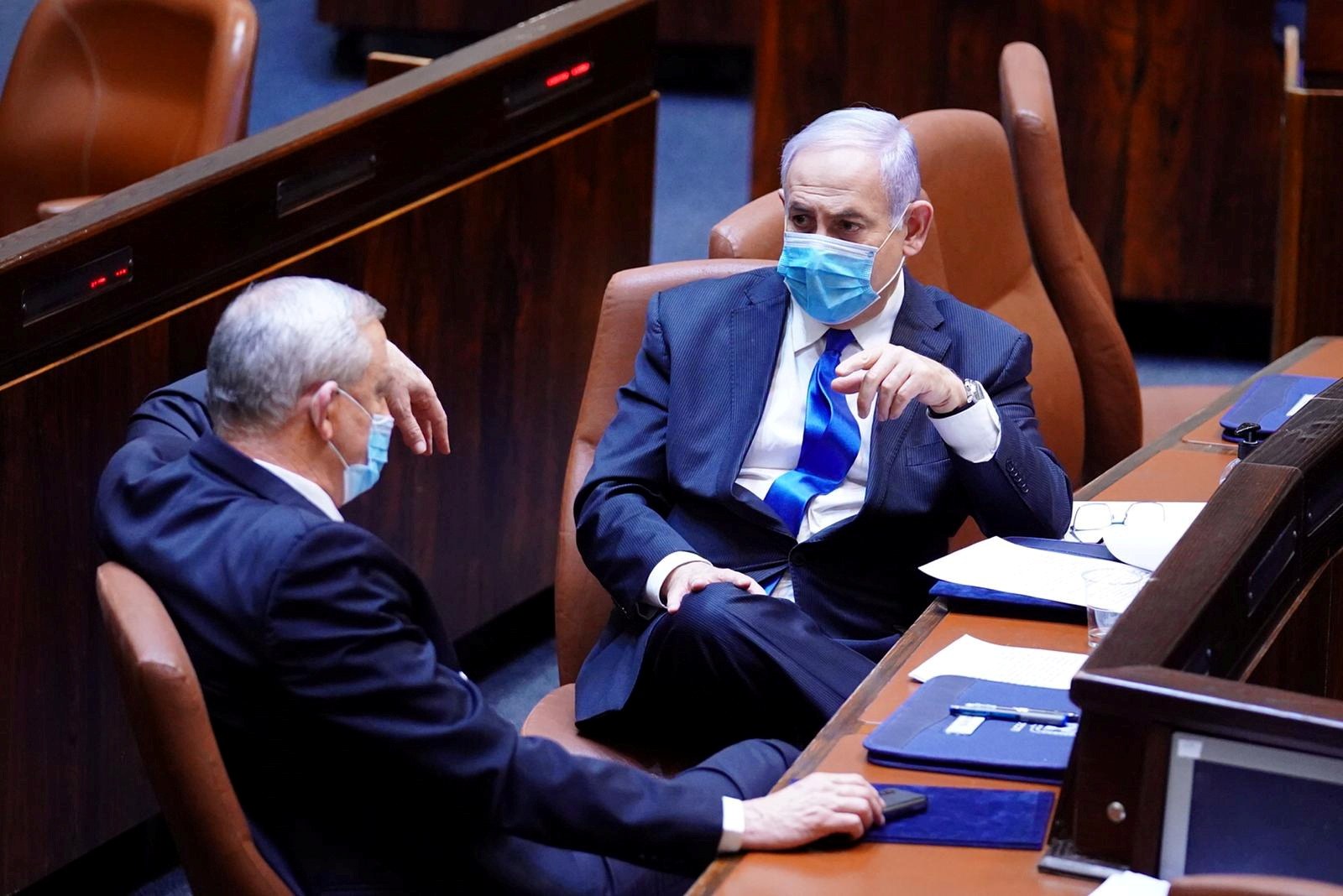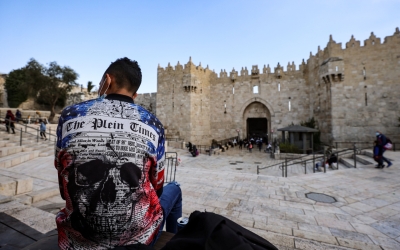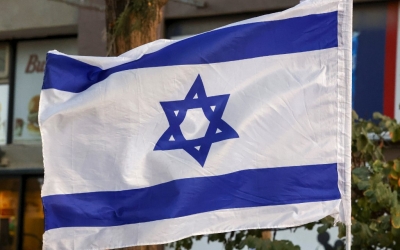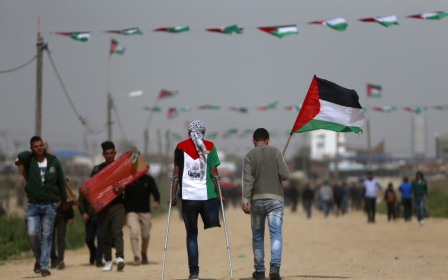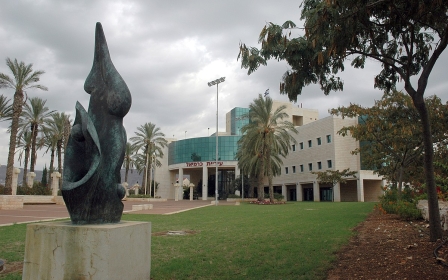As Israel heads to elections, nothing is different but everything has changed
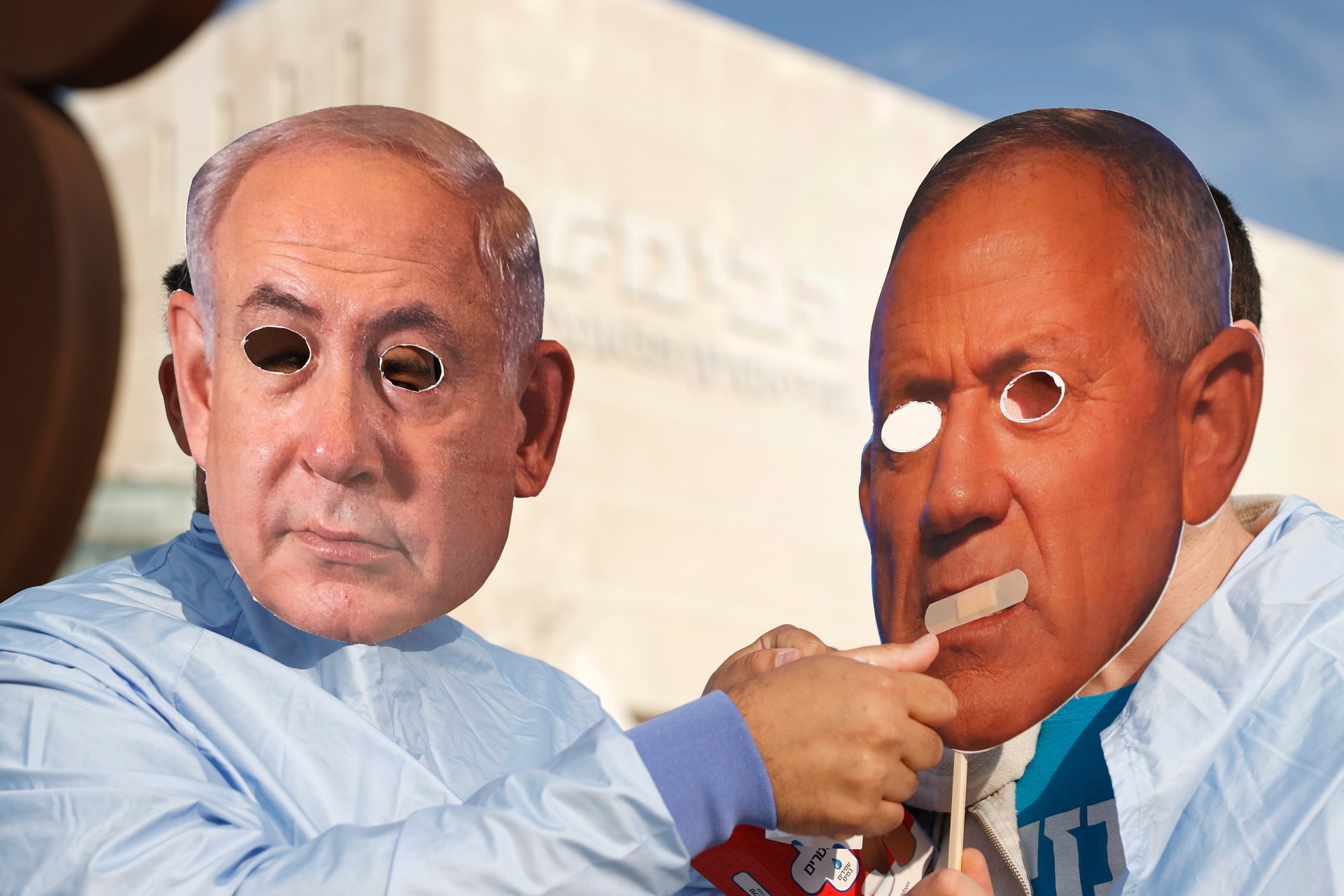
During the first half of 2021, sometime between March and June, Israel will become the first democracy in history forced to hold a fourth national election within two years.
Consider Italy, famous for its political instability, with 66 different governments since World War II: its citizens have "only" been to the polls 19 times during those 70-plus years. The shortest time frame encompassing four successive elections in Italy was nine years.
Weimar Germany came closest to matching that with three elections in two years and two months, between September 1930 and November 1932. The next round was held when Germany had ceased being a democracy and had become a Nazi dictatorship.
The frequency of elections testifies to the profound political crisis in which Israel finds itself
The frequency of elections testifies to the profound political crisis in which Israel finds itself. In all three of these recent elections - April 2019, September 2019 and March 2020 - Netanyahu and his allies were unable to attain the 61 seats in parliament necessary to form a government (60 in the first, 55 in the second, 58 in the third).
On the other hand, the parties opposing him were unable to form an alternative coalition - firstly because some and probably most of them failed to accept the utterly basic concept that a Palestinian citizen's vote is equal to that of a Jewish citizen.
New MEE newsletter: Jerusalem Dispatch
Sign up to get the latest insights and analysis on Israel-Palestine, alongside Turkey Unpacked and other MEE newsletters
This fundamental, racist misperception over voter legitimacy doomed any attempt at a government reliant on the 15 seats held by legislators from the Joint List, which represents the Palestinian citizenry in Israel.
Bad romance
After the March 2020 elections, a so-called national unity government was assembled under Netanyahu, jointly with his rival from Blue and White, Benny Gantz, who was supposed to replace him as prime minister after 18 months.
Given the political stalemate on one hand and the Covid-19 emergency on the other, this seemed a logical step at the time.
The attempt failed, however, from day one. Broad swathes of the camp deemed to stretch "from left to right" refused to accept the serially indicted Netanyahu as a legitimate prime minister.
This launched a tsunami of weekly mass demonstrations lasting nearly five months thus far, another historic record for Israeli democracy.
Netanyahu, meanwhile, at every opportunity declared that he had no intention whatsoever of fulfilling his end of the bargain and ceding the top job to Gantz as originally agreed.
This week the whole package came apart after Gantz on Wednesday joined the call to dissolve parliament.
Israeli politics has again proven that, in the present circumstances, there is zero chance of agreeing on anything: not on how to manage the coronavirus crisis, not on approving a budget (the last one approved was in 2018), and not on naming an attorney general, a police commissioner, a finance ministry director-general, or a long list of other senior positions waiting to be filled.
Israeli society has lost the capacity for any dialogue among its various parts.
Normalising occupation
But this impasse does not mean that Israel is standing still. The positions taken by the Israeli political establishment vis-a-vis the occupied Palestinian territories have moved markedly rightward over the last two years.
In the end, outgoing US President Donald Trump's one-sided "deal of the century" to address the Israel-Palestine conflict was never implemented, and annexation of parts of the occupied West Bank was officially delayed by Israel's normalisation deals with the UAE and Bahrain. That said, the impact of Trump's (non) deal will be around for a while.
Apart from two members of parliament from the left-wing Meretz party and 15 MPs from the Joint List, more than 100 MPs from the far right to the moderate left supported the Trump plan, which included annexation of all the Israeli settlements.
The positions taken by the Israeli political establishment vis-a-vis the occupied Palestinian territories have moved markedly rightward over the last two years
Annexing the settlements, a step long mired in controversy even among the Jewish public in Israel, has become almost the consensus.
So too the normalisation agreements with the Gulf states, which avoided mention of a "Palestinian state" or an end to the occupation, won the support of all the Jewish parties in the Knesset, right and left, except for the Joint List.
The results are obvious on the ground. The Civil Administration in the West Bank, which reports to the Ministry of Defence headed by Gantz, ostensibly a centre-left leader, approved in October 5,400 new housing units to be built in the West Bank.
About two weeks ago, approval was granted for 1,200 new housing units in Givat Hamatos in East Jerusalem - finalising the intentional physical separation between Bethlehem and the Palestinian neighbourhoods in the occupied part of the city.
Divide and conquer
On the political plane, Netanyahu also succeeded in fragmenting the camp opposing him.
Blue and White, which managed to get more than 30 seats in each of the last three rounds of elections and prevent an additional Netanyahu administration, fell apart immediately on joining the current government led by the right.
The anti-Netanyahu camp was unable to offer alternative leadership. In the most recent opinion polls, the parties opposing the prime minister went from a combined 62 seats in the March 2020 elections to an anticipated 55 or even in some polls 53 seats next time around.
Netanyahu's Likud, together with Naftali Bennett, the ascendant extreme-right star of the polls, along with the ultra-Orthodox parties, currently appear as the surest candidates to win an unprecedented majority in the next elections.
The prime minister has succeeded in demolishing even the Joint List. In recent weeks, Netanyahu was able to eke out an alliance with Mansour Abbas, who heads the Islamic Party, which has four of the Joint List's 15 seats.
In exchange for hazy promises of budgets for Arab society to battle increasingly endemic violence in Palestinian towns in Israel (nearly 100 murders since the beginning of 2020, the highest level ever), Abbas announced that he "is not committed either to the right or the left".
In the preliminary vote to dissolve parliament on Wednesday, the four MPs from the Islamic Party abstained, despite the fact that the rest of the Joint List voted for new elections.
Engaging with the Palestinians
But this is only a partial picture. In March 2020, Gantz became the first "centre-left" Jewish leader since Yitzhak Rabin in 1992 to reach agreement with representatives of the Palestinian minority in Israel on the establishment of a government that would rely on their votes.
But the opposition from some MKs within Gantz's party to a government relying on votes from "supporters of terrorism," in the openly racist term used by Israel's right wing to refer to Palestinian members of parliament, scuttled that step.
Today, evidently, that scenario will not repeat itself: MPs who scuttled the forming of a government reliant on the Joint List are not expected to run again in the ranks of the centre-left.
The organising underway on the centre-left now (apparently headed by Mayor of Tel Aviv Ron Huldai and others) is committed to a government with the Palestinian public.
Centrist parties formerly opposed, like Yesh Atid under Yair Lapid and even Yisrael Beiteinu under Avigdor Lieberman, who created his political persona with racist declarations about Palestinians, are expressing explicit support for a government that would rely on Joint List votes.
It would seem fairly safe at this point to assume that if the anti-Netanyahu parties win 61 seats in the upcoming elections, nothing will prevent the establishment of a government with the participation of the Joint List, whether via its support from within an administration or from the outside.
Since Netanyahu himself is now exploring cooperation with the Islamic Party, he will have a hard time accusing those who plan to sit with the Joint List as traitors. In brief, for the first time since 1992, and possibly the first time ever in the history of Israel, the parties representing the Palestinian public have attained almost complete legitimacy.
Civil disobedience
In the public sphere, the change may be even greater than that.
The wave of demonstrations known as the "Balfour protests" (after the Jerusalem street where the prime minister's residence is located) began as demonstrations against Netanyahu's alleged corruption.
But gradually they expanded both in terms of numbers of protesters and, mainly, in terms of the variety of issues they addressed. If we summarise the demands of the different groups taking part in these protests in one word, it would be that they want "democracy".
Given the decentralised and non-hierarchical nature of the protests, these groups have not committed to a precise definition of what they mean by "democracy," but undoubtedly it includes opposition to the legitimacy of Netanyahu's reign and possibly of the right in general.
The Jewish centre-left, which was always very conservative and saw itself as part of the establishment, has begun to toy with ideas of civil disobedience in order to combat the rule of the right
That thousands of demonstrators are prepared to confront the police and even be arrested was a new phenomenon. At certain stages of the protests, it seemed that the Jewish centre-left, which was always very conservative and saw itself as part of the establishment, has begun to toy with ideas of civil disobedience in order to combat the rule of the right.
Against this backdrop, the prominent presence of a group calling itself "Gush Neged Kibush" (the Bloc Against Occupation) and hoisting slogans like "Democracy for all between the river and the sea," was accepted as almost natural at the demonstrations, even though the vast majority of protesters were Jews.
Voices raised against police violence and the killing of the young Palestinian Iyad al-Halak by police in Jerusalem's Old City were seamlessly incorporated into the protests. Joint List MPs who appeared at these protests were greeted sympathetically.
A final date for a new election has yet to be set, but it is hard to believe that one can be avoided after the Wednesday vote in Israel's parliament, the Knesset. The election could happen in March 2021 or there could be an agreement to postpone it to May or even June.
The polls, as noted, currently foresee success for the right-wing parties, and there is certainly a reasonable chance they will prevail. But even if that were to happen - and it must be said that there is still a lot of time until then and things can change - a victory of that nature would seem incapable of healing the rift within Israeli society.
Israel today is an unremitting occupier and perpetually disintegrating. It is still too early to know where these contradictory trends may lead.
This article is available in French on Middle East Eye French edition.
Middle East Eye delivers independent and unrivalled coverage and analysis of the Middle East, North Africa and beyond. To learn more about republishing this content and the associated fees, please fill out this form. More about MEE can be found here.


